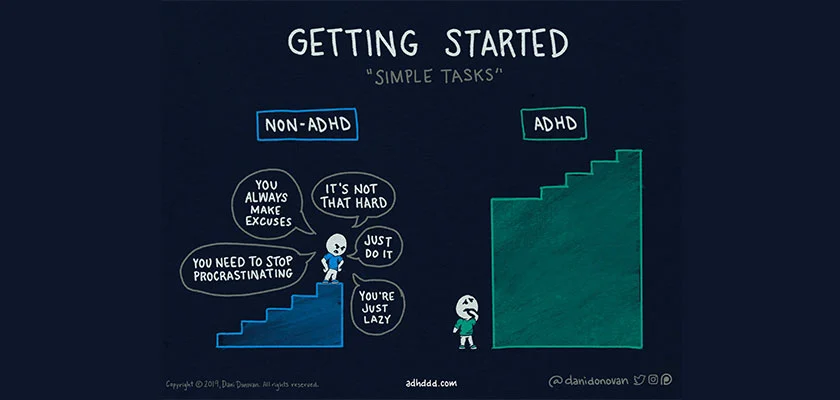Neurodiversity at Copperleaf
At Copperleaf®, we are proud to be a global, diverse, and multilingual team. Our differences are the reason great things happen at Copperleaf; having additional perspectives drives innovation and gives us a competitive advantage.
When you think of diversity, you might think of differences like age, ethnicity, gender, and religion. What might not immediately come to mind is neurodiversity—the variation in the human brain regarding sociability, learning, attention, mood, and other mental functions. Neurodiversity is often overlooked in the workplace and a growing topic in the tech community.
As part of Copperleaf’s “Speakers from Underrepresented Groups” series, run by our Diversity & Inclusion (D&I) team, we hosted a panel discussion to learn more about neurodiversity, its challenges and benefits, and the tangible solutions we can implement to create an inclusive workplace.
Carol Simpson and Heather Linka from Focus Professional Services, a neurodiversity employment agency, spoke about autism and the challenges employees on the spectrum might encounter. Common struggles include asking for help or clarification, understanding body language, navigating ambiguity, and participating in “small talk” or group discussions. Carol explained how educating staff about the spectrum and avoiding non-essential qualifications in job postings can help when hiring for an autism-friendly workplace. Heather highlighted a variety of “superpowers”, such as problem solving and thinking outside the box, that autistic employees may bring to the workplace. Bob Sampson, one of Copperleaf’s DesignOps Leads, shared an article about his personal journey with autism following the discussion.
People with autism may be more likely to think outside the box. We encourage employers to not only ask an autistic employee for their opinion on a project, but ask about company policies too, because you will get an honest answer and it may be different than anything you expected.
Heather Linka
Neurodiversity Employment Consultant
Focus Professional Services
Luiz Lins, one of Copperleaf’s security DevOps engineers, shared his experience living with attention deficit hyperactivity disorder (ADHD). He explained how he’s felt like he has lived two lives: a life before being diagnosed with ADHD and the one he lives now. Luiz shared how he was labelled as “very smart but lazy and a procrastinator” throughout childhood and into early adulthood. “I knew I was different, but I thought it was a problem with me, rather than a disorder.” As an adult, he learned about ADHD through a documentary. After being diagnosed by a professional, starting medication, and discovering ways to deal with it, he made the decision to change careers and feels he’s blossomed into who he is today. Luiz no longer thinks of his ADHD as a disorder, but rather as his “superpower”!

Continuing on the topic, Dusty Chipura, an ADHD Coach, shared strategies for supporting employees with ADHD. She educated our team about some of the facts, clarifying that ADHD is a biologically-based disorder and that people are often highly intelligent and creative but struggle with executive function (skills controlled by the brain’s frontal lobe such as paying attention, remembering details, time management, and multi-tasking). Dusty shared strategies companies can use to help employees with these struggles, including providing a quiet workplace, assigning a workflow that allows employees to focus on one task rather than switching tasks rapidly, and allowing for the recording of lengthy meetings or instructions.
Kim McLean, Principal of Foothills Academy, talked about learning disabilities—neurological impairments, such as dyslexia, that affect around 10% of the population. A learning disability cannot be cured; it is a lifelong challenge that is generally invisible to others. However, there are many ways we can help people with learning disabilities achieve success in the workplace, including, for example, providing clear directions, supplying frequent informal feedback, and building breaks into meetings.
We are thankful to our panel of experts for sharing their knowledge with us and bringing awareness to the different areas of neurodiversity. At Copperleaf, we are dedicated to making our workplace more diverse and inclusive, and look forward to the next presentation of our speaker series.
Learn more about joining our team, we’d love to hear from you.

